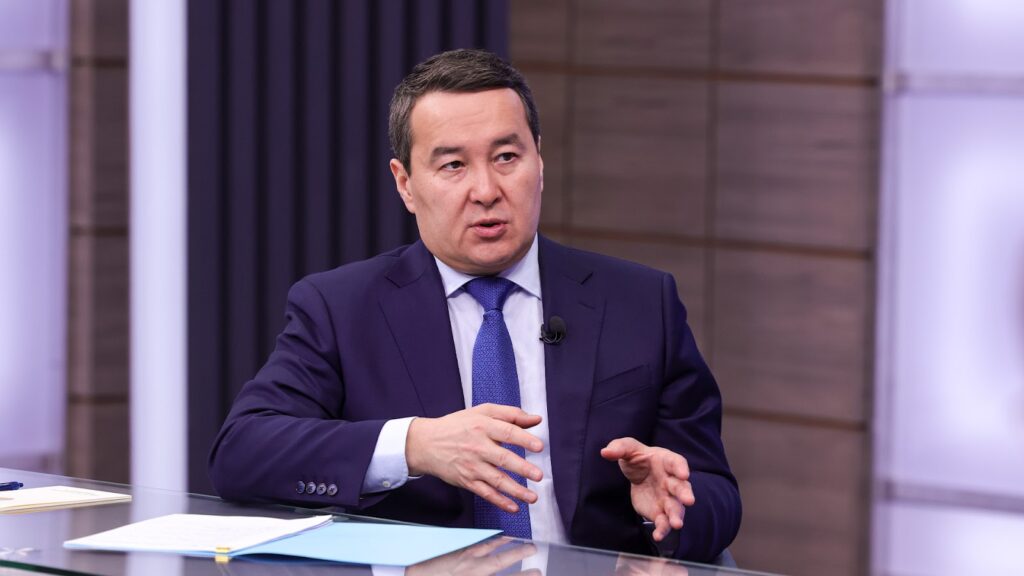EBRD Helps Improve Efficiency of Agricultural Production in Kazakhstan
The European Bank for Reconstruction and Development (EBRD) on December 29th said it is extending a US $10 million loan to Atameken-Agro, one of the largest vertically integrated agricultural holdings in Kazakhstan, thus contributing to greater efficiency of agricultural production in the Central Asian country. Atameken-Agro will use the funds to support the modernization, energy efficiency and environmental improvements of its agricultural machinery, including tractors, harvester-threshers and sprayers, the EBRD said. It is also expected that new agricultural machinery, procured with the help of the EBRD loan, will contribute to environmental improvements across Kazakhstan by increasing fuel efficiency and reducing air pollution. As part of the project, Atameken-Agro will also train workers in more advanced agricultural skills and thus contribute to the development of human capital in the sector. The loan is complemented with an investment under the Agrifood Nexus Program, funded by the Government of Germany through its International Climate Initiative. The Agrifood Nexus Program is part of a broader consortium program among the EBRD, the Food and Agricultural Organization of the United Nations (FAO), the Organization for Economic Co-operation and Development (OECD), the United Nations Economic Commission for Europe (UNECE) and the Scientific-Information Center of the Interstate Commission for Water Coordination of Central Asia (SIC ICWC), as well as ministries from participating countries. The consortium will address the challenges posed by the interdependence of energy, water and land use, which are exacerbated by climate change.

